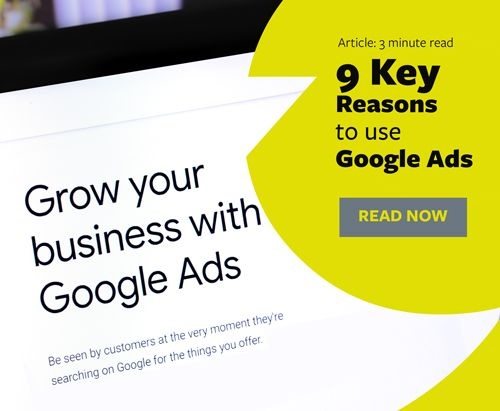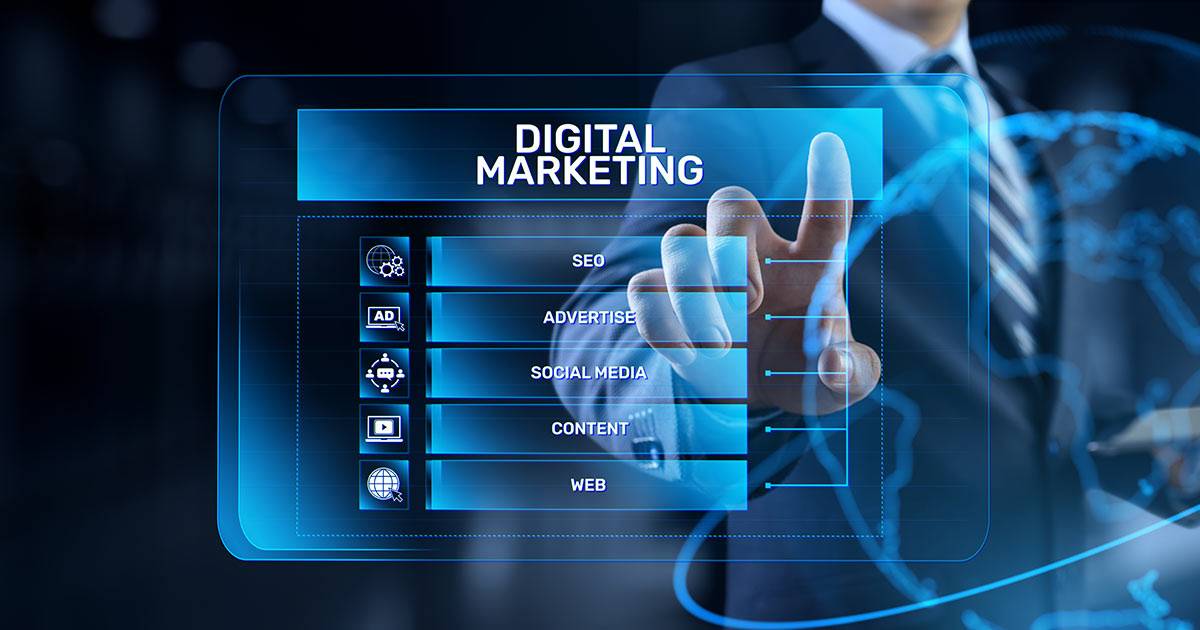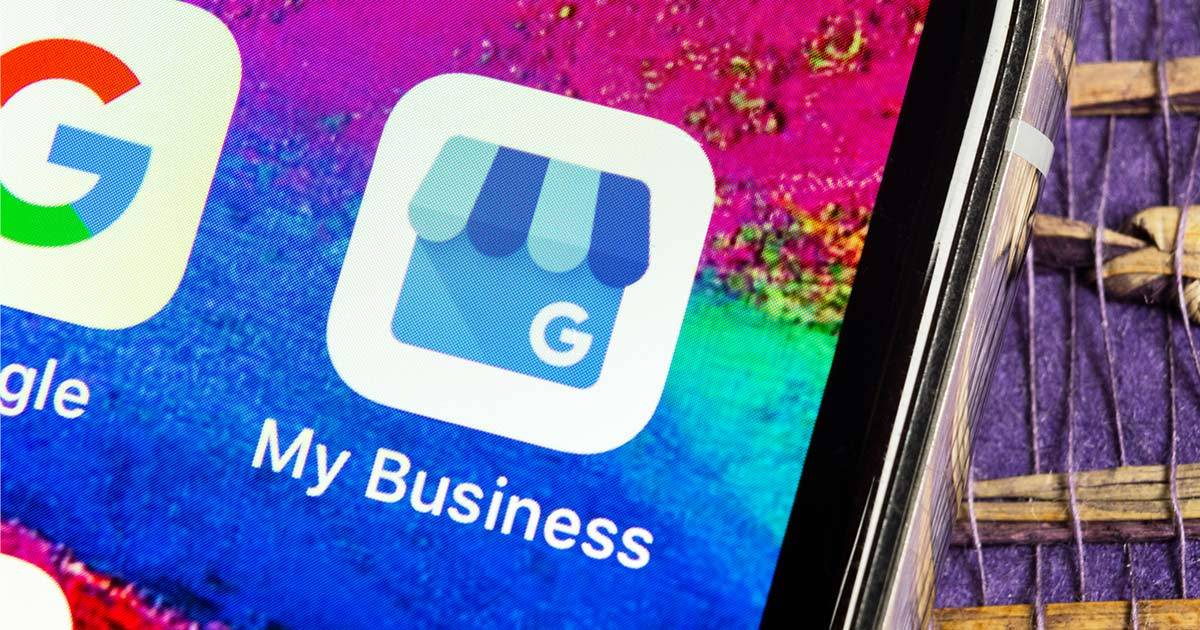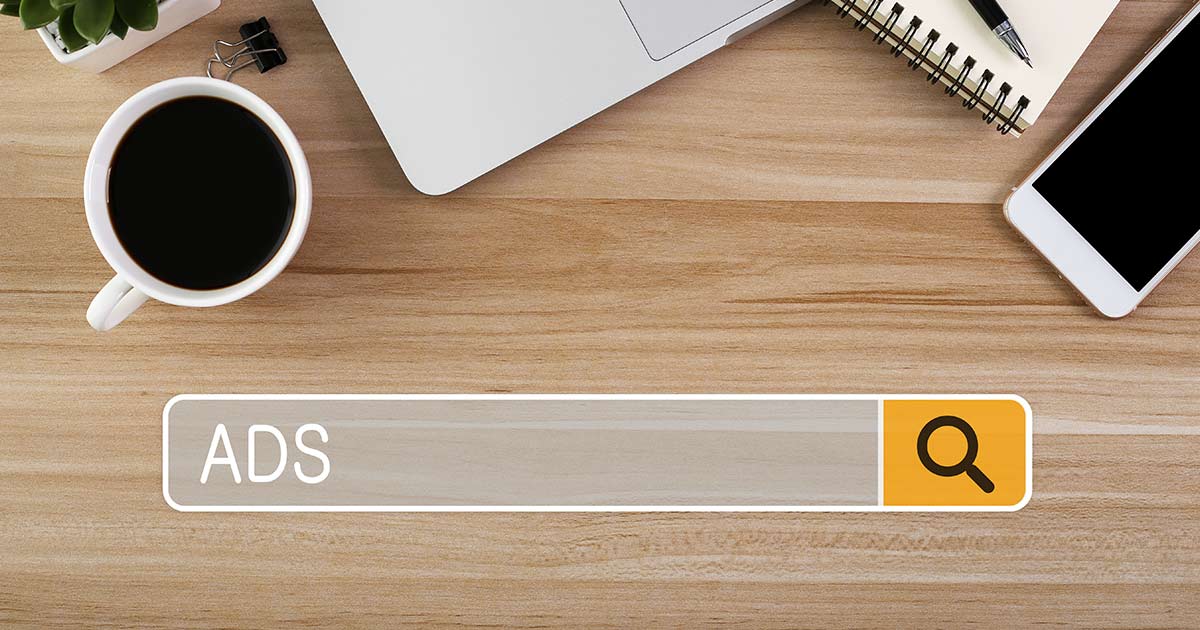Are you wondering how much money to spend on Google Ads? That’s a great question! When it comes to marketing budgets, there is no “one size fits all” answer. How much Google Ads cost depends on several factors, including your target audience, the type of ad campaigns you are running, and the competitive landscape in your industry. To give you an idea of what other companies are spending each year, let’s look at how much the world’s biggest brands are investing in Google Ads.
Google Ad Spend By Industry
The amount that companies spend on Google Ads varies widely depending on their industry. For example, the top 10 advertisers across all industries spent $3.8 billion combined in Q2 of 2019.
Of those 10 companies, three were retail-focused
- Walmart
- Amazon
- Home Depot
Two were technology companies:
- Apple
- Microsoft
Two were telecommunications providers
- AT&T
- Verizon Wireless
Two were auto manufacturers:
- General Motors
- Hyundai Motor America
And one was a pharmaceutical company
- AbbVie
Google Ad Spend By Region
It is also important to consider where these ads are being served. The top 10 advertisers spent more than $2 billion dollars just in the United States alone during Q2 of 2019. That’s nearly half of their total budget for the quarter! Other countries such as Canada ($113 million) and Germany ($95 million) also saw significant investments from these major brands. This shows that it is not just domestic markets that have high ad spending but international ones as well.
What’s your Digital Strategy?
As you can see, there is no single “right” answer when it comes to how much money you should be spending on Google Ads each year. Or even each quarter or month for that matter! Every business has different needs and goals when it comes to their digital marketing strategy. However, looking at what the world’s biggest brands are doing with their ad budgets can provide valuable insight into trends within your own industry or region. Thus giving you a better understanding of where your own budget should stand in order to compete effectively! One positive is that Google Ads now charge GST in New Zealand, so at least you can factor that in and claim it back.
So where’s the best place to start with all of this digital marketing stuff? Well, to undserstand how much to spend on Google Ads, is to ensure you have an overarching plan. A Digital Marketing Roadmap it a great tool to have. Not only will it define your goals, but who to target and where.














